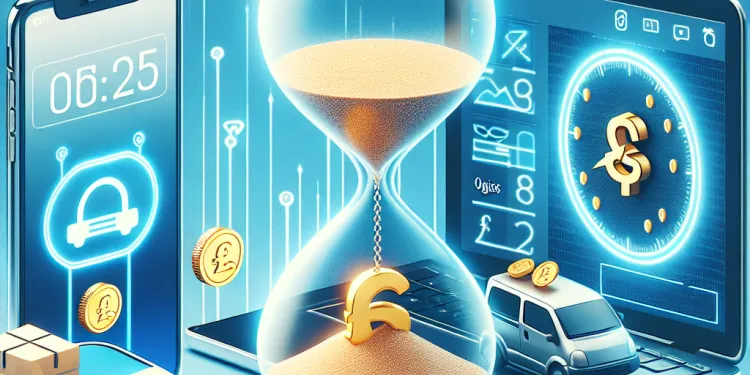
Find Help
More Items From Ergsy search
-
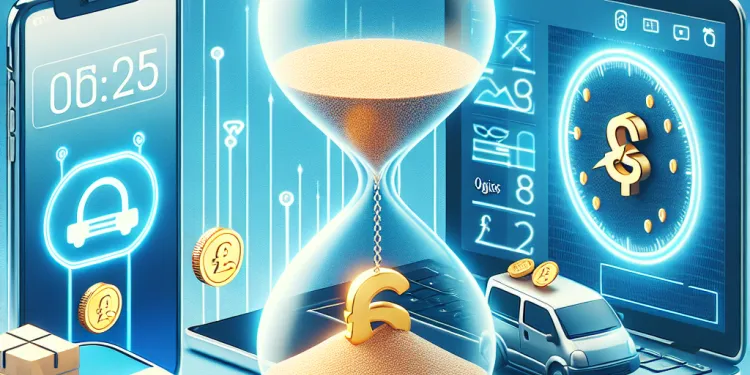
Do gig workers have the right to a minimum wage?
Relevance: 100%
-
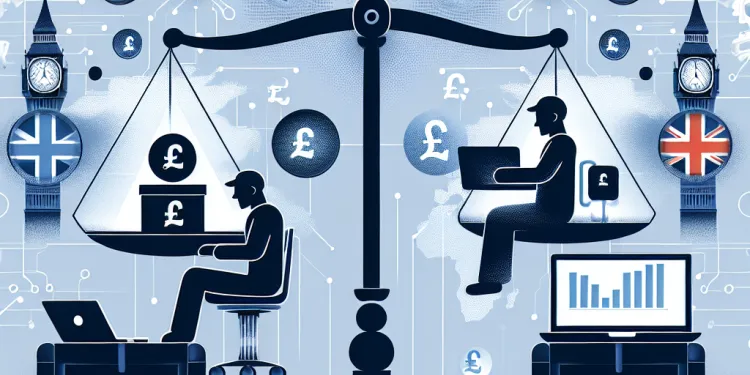
Are gig workers entitled to workers' compensation?
Relevance: 68%
-
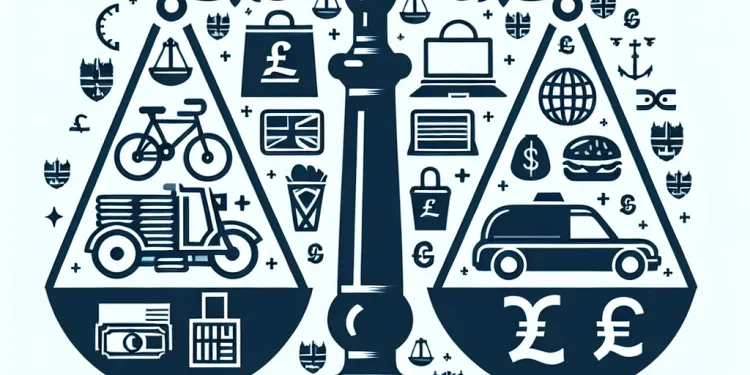
What are my rights as a Gig Worker?
Relevance: 65%
-
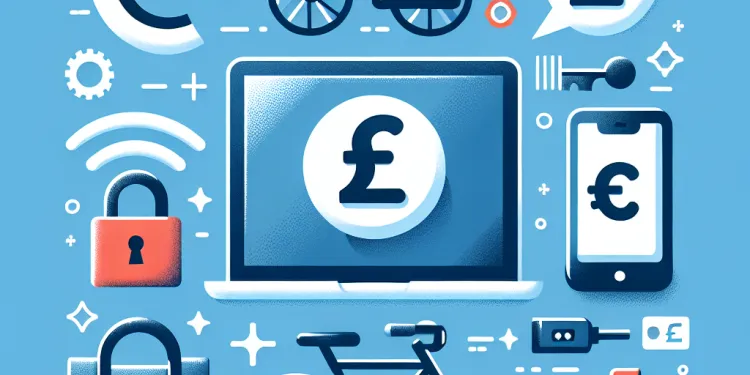
Is job security a right for gig workers?
Relevance: 63%
-
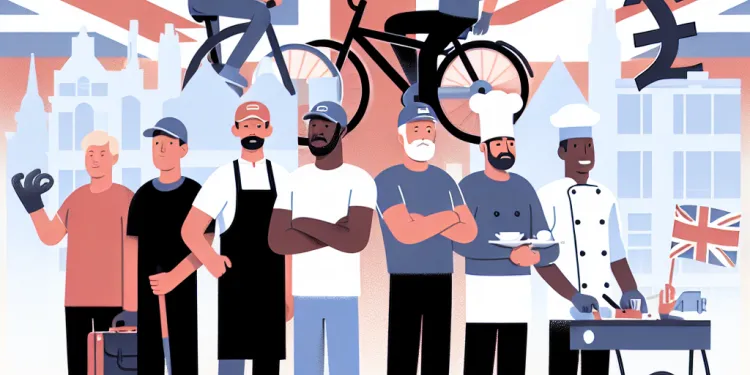
Do gig workers have the right to unionize?
Relevance: 62%
-
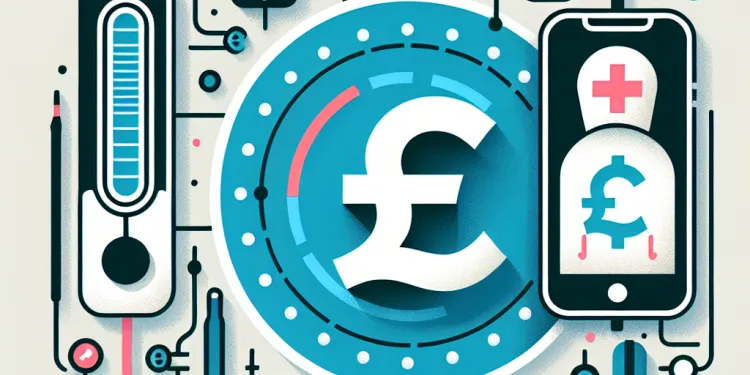
Are gig workers entitled to sick leave?
Relevance: 62%
-
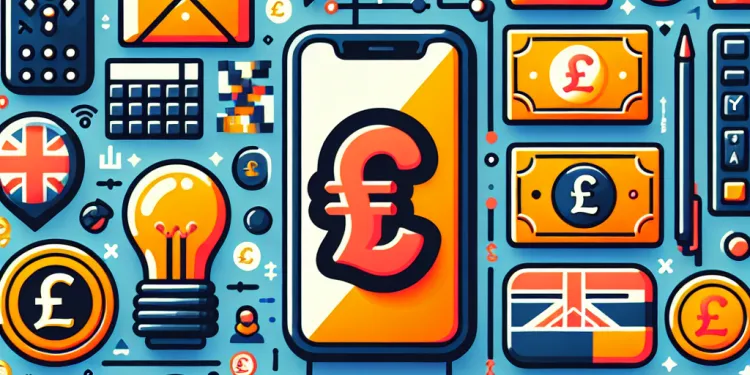
Are gig workers protected against wrongful termination?
Relevance: 61%
-
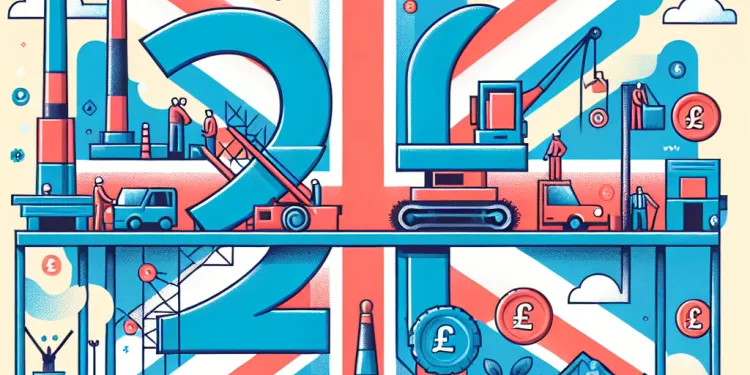
How does the National Living Wage differ from the National Minimum Wage?
Relevance: 60%
-
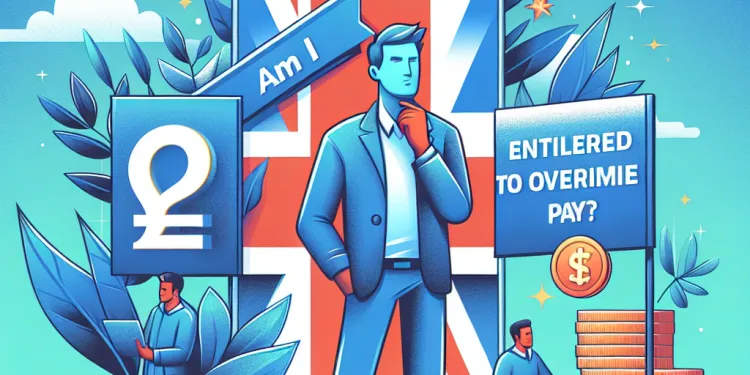
Am I entitled to overtime pay as a gig worker?
Relevance: 59%
-
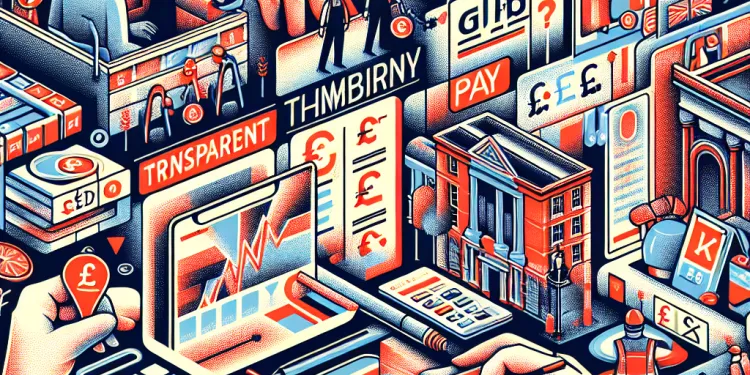
Do gig workers have the right to transparency in pay and fees?
Relevance: 58%
-
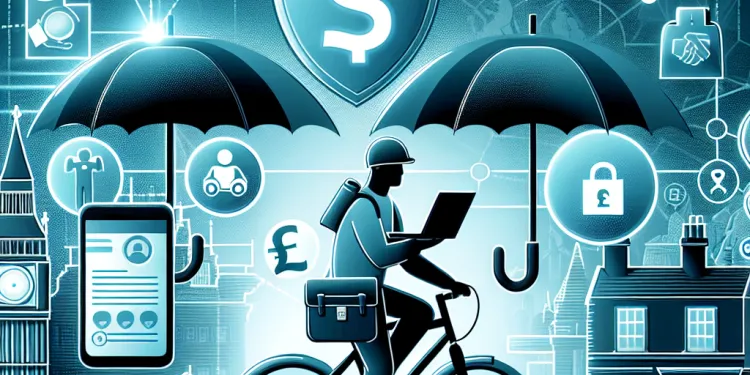
Do gig workers have access to unemployment benefits?
Relevance: 58%
-
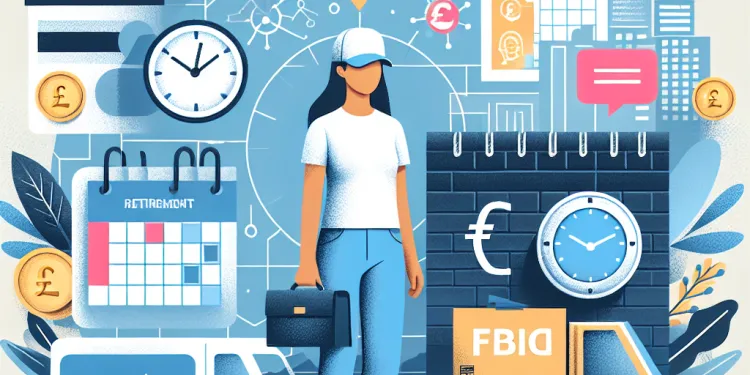
Do gig workers qualify for retirement benefits?
Relevance: 57%
-
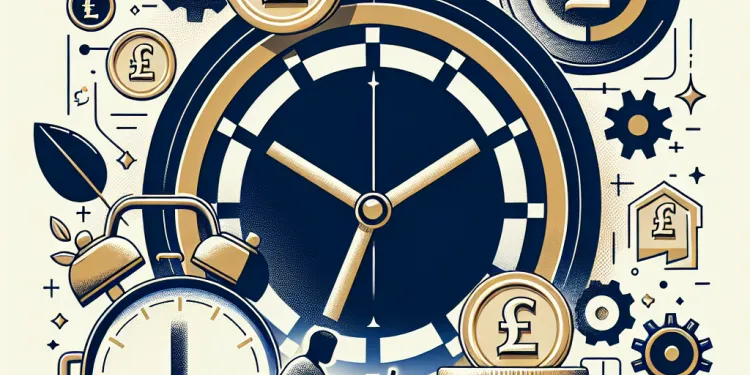
Are zero-hour contract workers entitled to the National Living Wage?
Relevance: 54%
-
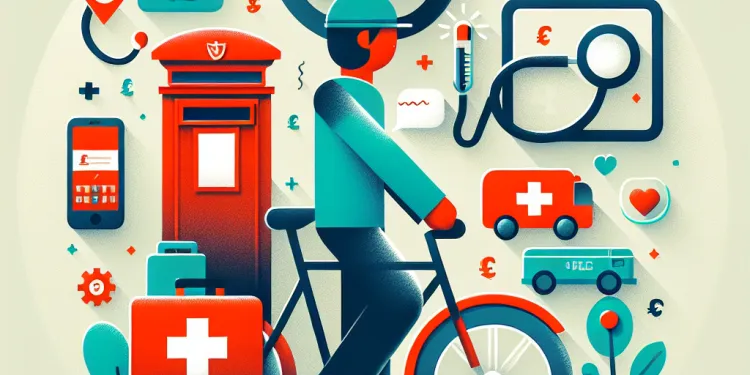
Can I receive health benefits as a gig worker?
Relevance: 51%
-
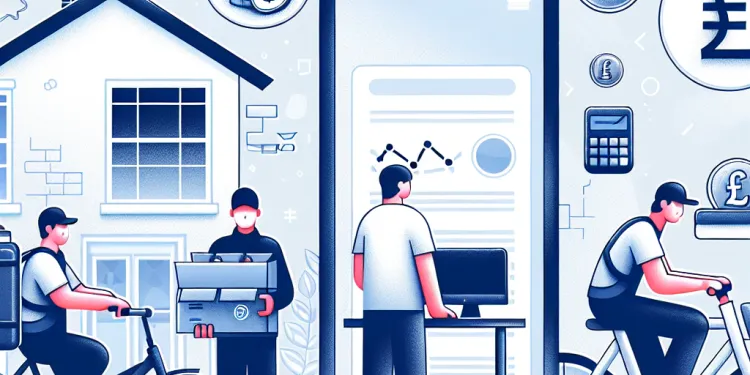
Am I considered an employee if I am a gig worker?
Relevance: 49%
-
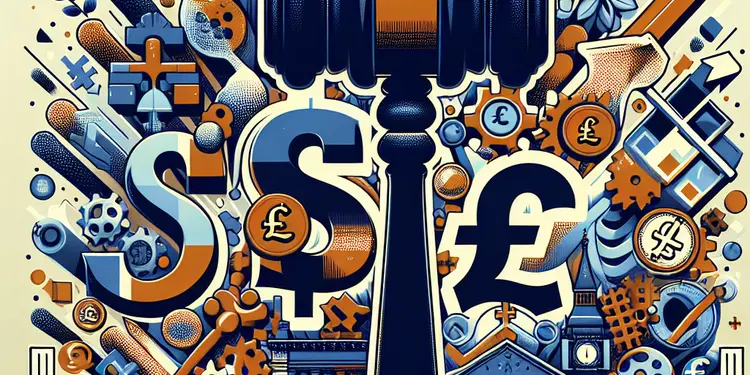
Employment Tribunal Cases Surge Amidst Gig Economy Debate
Relevance: 49%
-
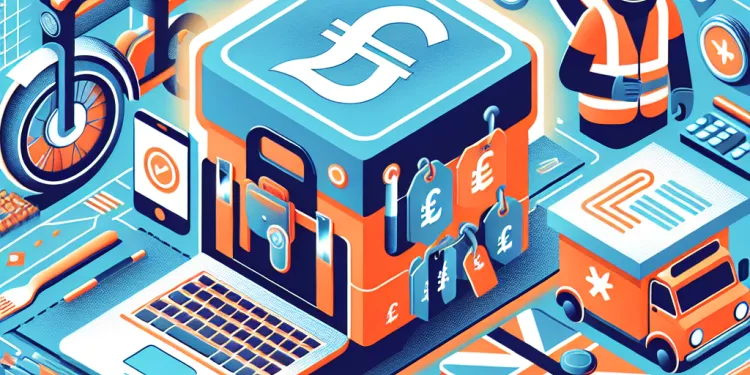
What are my rights regarding workplace safety as a gig worker?
Relevance: 49%
-
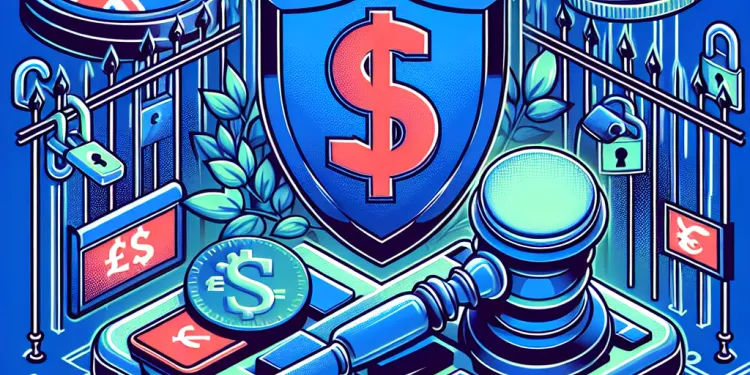
Do gig workers have intellectual property rights over their work?
Relevance: 48%
-
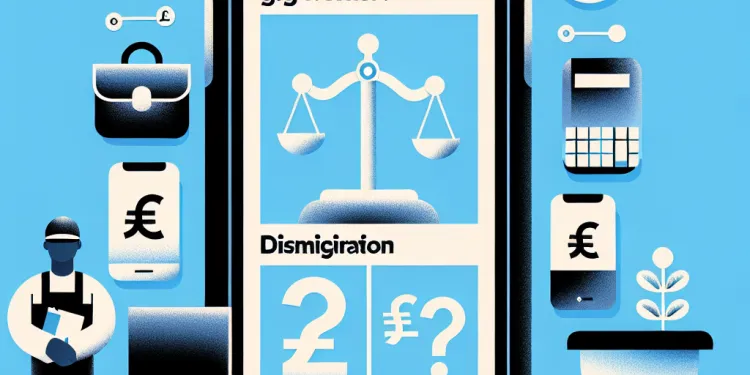
What can I do if I face discrimination as a gig worker?
Relevance: 48%
-
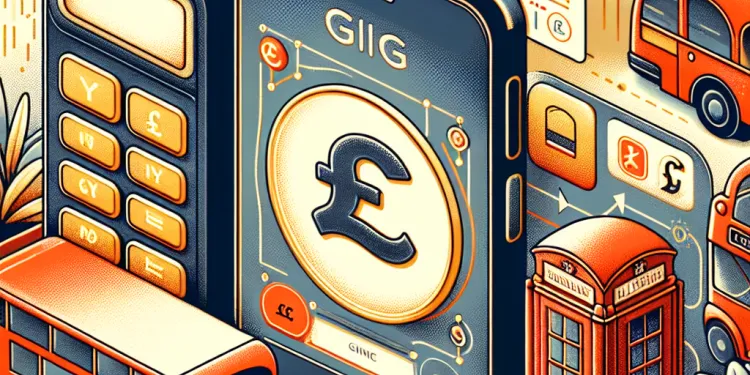
Can I claim expenses as a gig worker?
Relevance: 48%
-
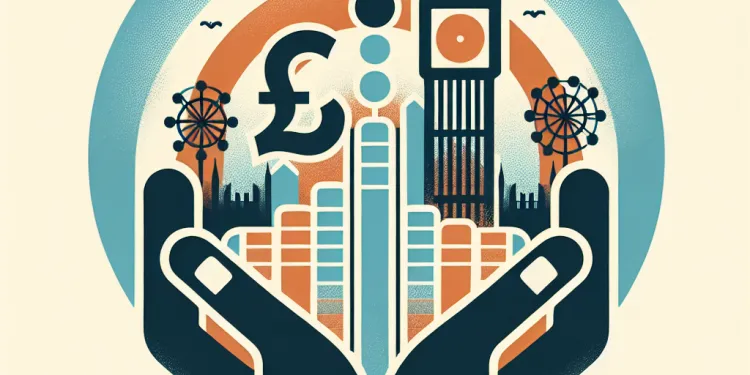
Why is the National Living Wage being increased?
Relevance: 46%
-

How does the UK National Living Wage compare internationally?
Relevance: 45%
-
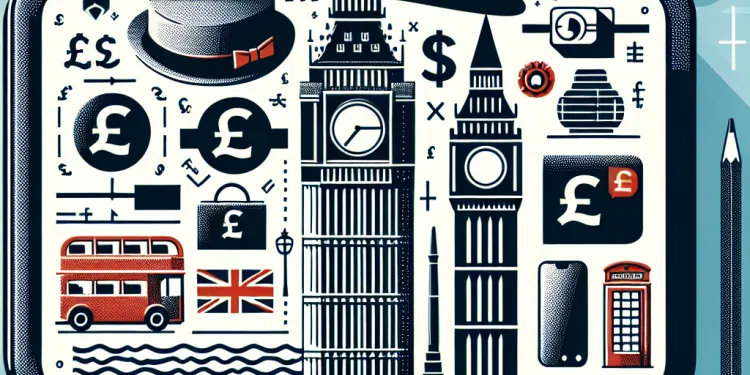
Who is eligible for the National Living Wage?
Relevance: 45%
-
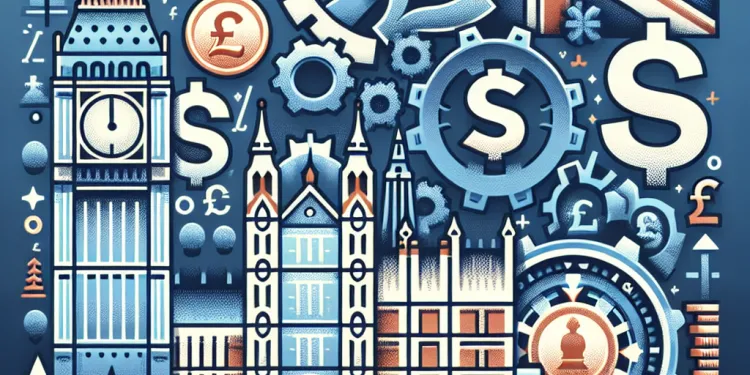
How often do wage rates change in the UK?
Relevance: 44%
-
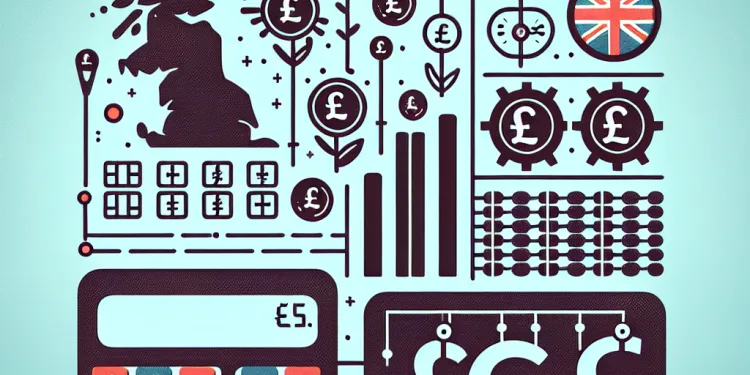
How is the National Living Wage calculated?
Relevance: 44%
-
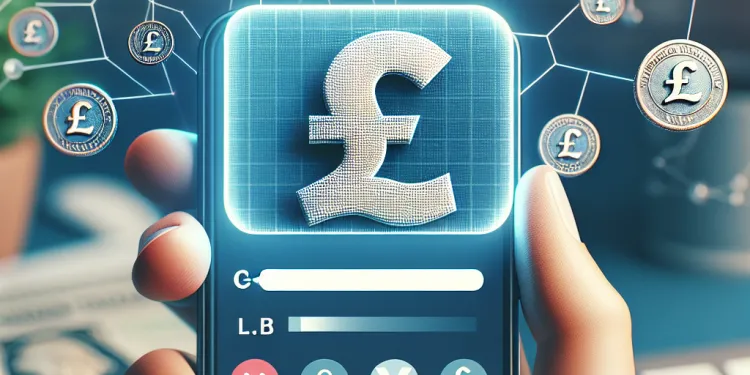
Are employers legally required to pay the National Living Wage?
Relevance: 43%
-
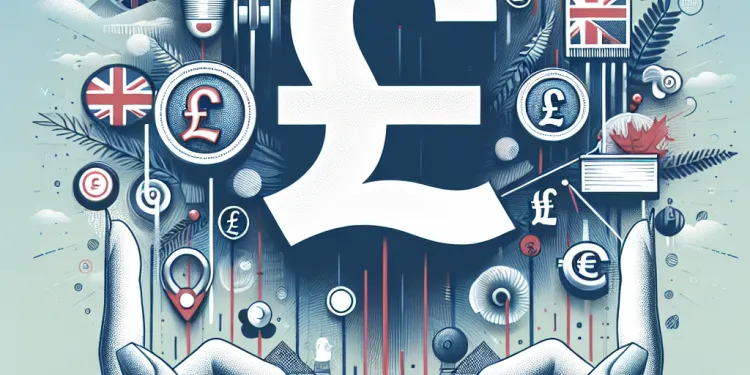
UK national living wage increase 2026
Relevance: 43%
-
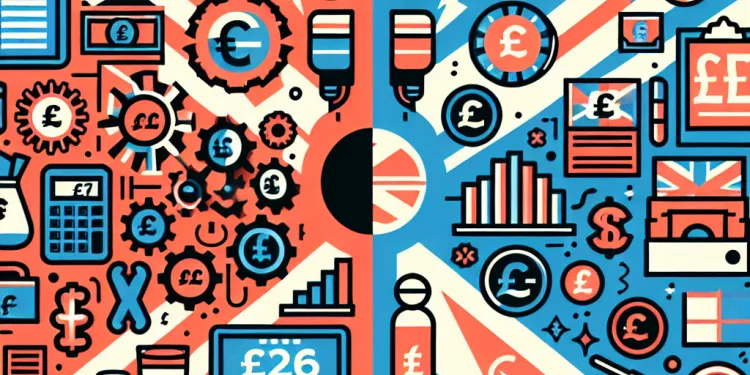
What is the new UK National Living Wage for 2026?
Relevance: 42%
-
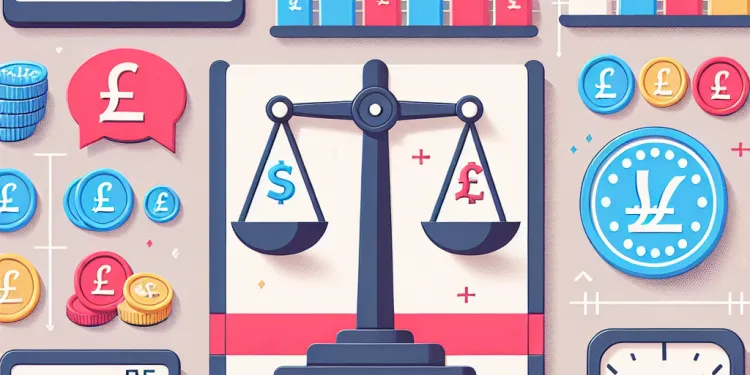
Is the Living Wage Foundation's rate the same as the National Living Wage?
Relevance: 42%
-
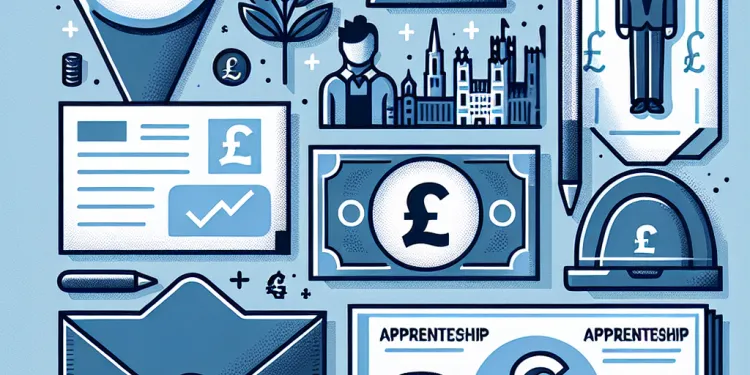
Are apprentices entitled to the National Living Wage?
Relevance: 41%
-
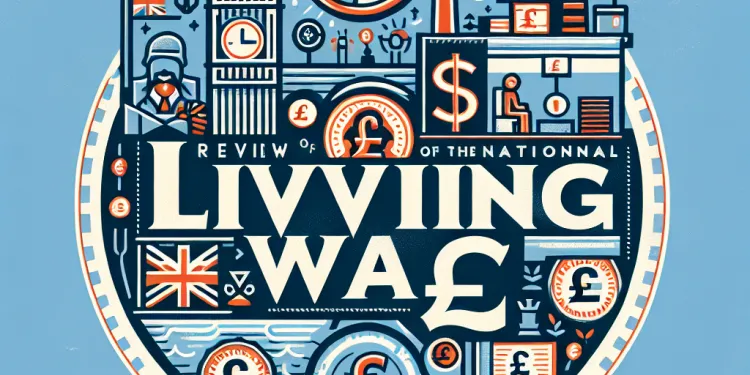
How often is the National Living Wage reviewed?
Relevance: 40%
-

Will the increase in the National Living Wage affect inflation?
Relevance: 39%
-
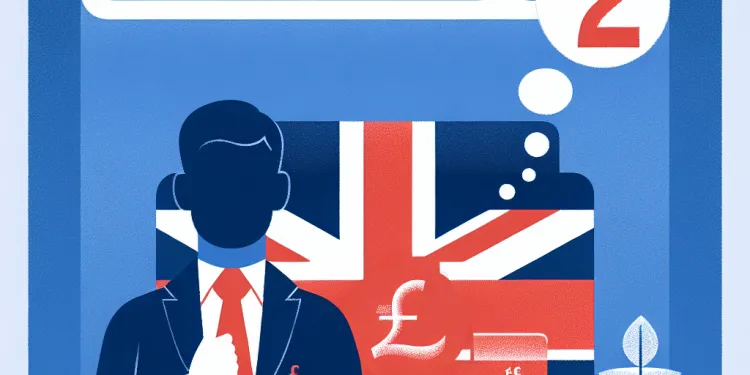
What happens if an employer pays below the National Living Wage?
Relevance: 39%
-
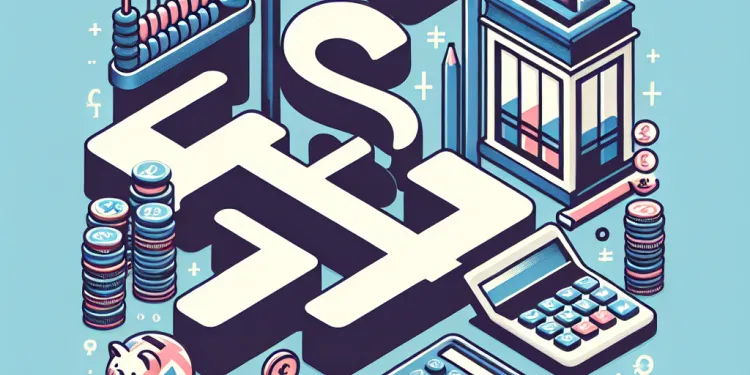
How can I calculate my new earnings based on the National Living Wage increase?
Relevance: 37%
-
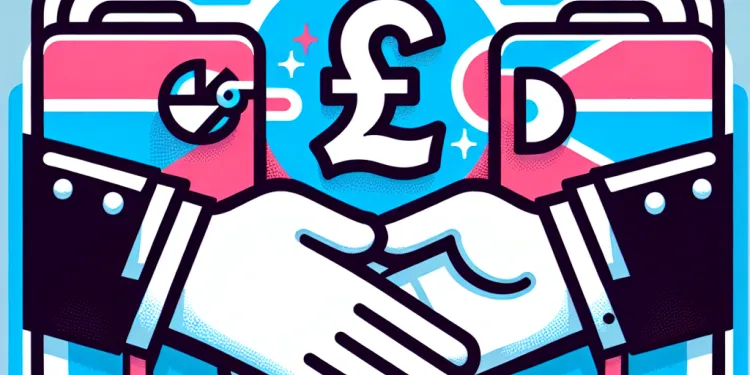
How can I address payment disputes as a gig worker?
Relevance: 37%
-
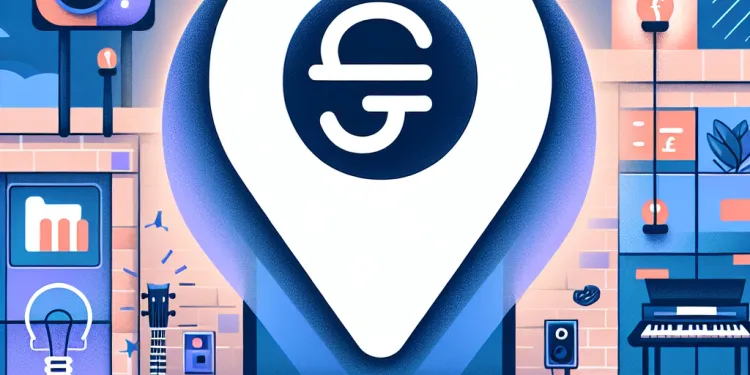
Can a gig platform deactivate my account without reason?
Relevance: 32%
-
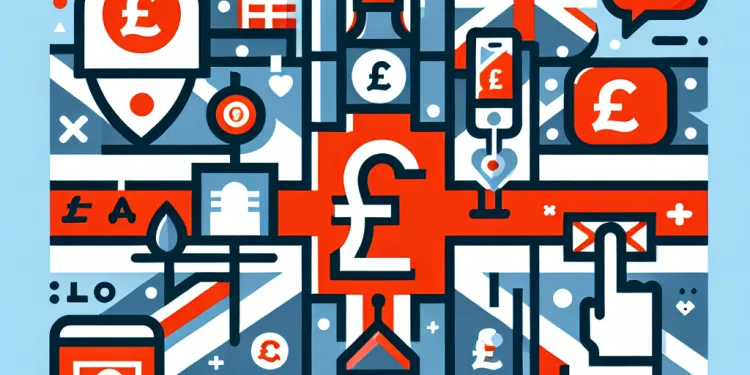
Where can I find official announcements on the National Living Wage?
Relevance: 30%
-
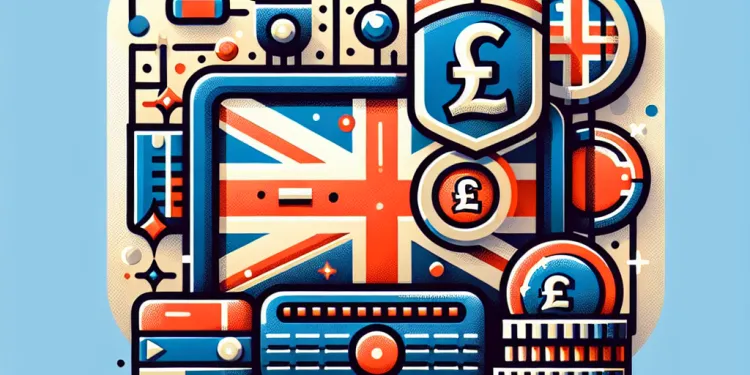
Is there a minimum claim amount?
Relevance: 28%
-
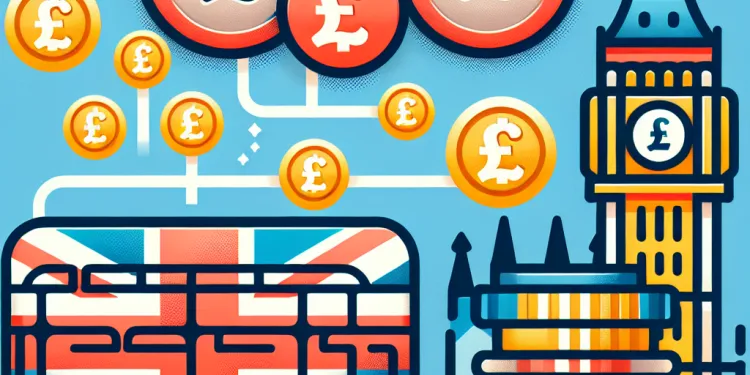
Is there a minimum transfer amount required?
Relevance: 27%
-
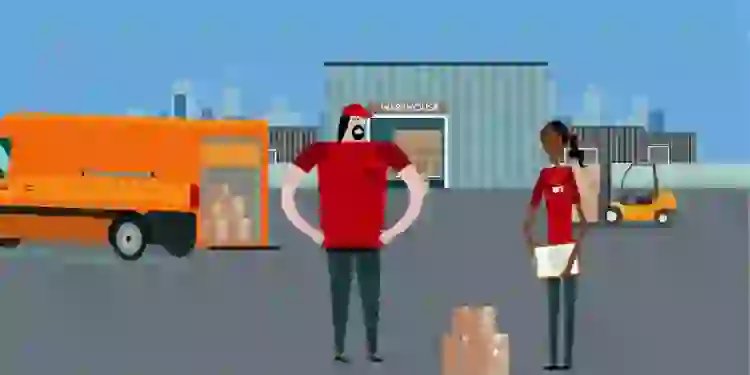
Lone Workers
Relevance: 26%
Introduction
The rise of the gig economy has transformed the modern workforce, offering flexibility and autonomy to millions worldwide. In the UK, gig workers form a significant part of this workforce, providing services that range from food delivery to freelance work. However, this flexibility often comes with trade-offs, particularly concerning financial stability and workers' rights.
Current Legal Framework
In the UK, employment rights, including the entitlement to a minimum wage, largely depend on the classification of employment status. Workers are typically classified as employees, workers, or self-employed for tax and legal purposes. Gig workers are often classified under the umbrella of ‘self-employed’, which traditionally exempts them from several employee benefits, including the right to a minimum wage, paid holidays, and protection from unfair dismissal.
Recent Developments
The legal landscape is evolving. Several high-profile legal cases have challenged the classification of gig workers, questioning whether they should be entitled to the same rights as traditional employees. One landmark case involved Uber drivers, where the UK Supreme Court ruled in February 2021 that Uber drivers should be classified as workers, thus granting them rights to a minimum wage, paid holidays, and rest breaks.
Arguments for Minimum Wage Entitlement
Proponents of extending the minimum wage to gig workers argue that without it, workers face financial instability despite often long and irregular hours. They highlight that many gig workers rely on their income from platforms like Uber, Deliveroo, or TaskRabbit as their primary income source. Ensuring a minimum wage could protect these workers from exploitation and help reduce income inequality.
Challenges and Counterarguments
On the other hand, critics argue that imposing a minimum wage on gig work could reduce flexibility—the very aspect that attracts many to this form of employment. Some companies might reduce the number of available gigs or increase the pressure on workers to meet higher targets, thus undermining the benefits of gig work. Additionally, companies argue that their platforms simply connect customers with service providers, suggesting that these service providers are independent businesses.
Conclusion and Future Outlook
The debate on whether gig workers in the UK have the right to a minimum wage is far from settled. It involves a complex mix of legal, economic, and ethical considerations. However, recent legal rulings indicate a potential shift towards greater recognition of gig workers' rights. As the gig economy continues to grow, there will likely be increased scrutiny and discussion of how best to protect and compensate these workers within the existing legal framework.
Introduction
The gig economy is a new way of working. It lets people choose when and how much they work. Many people in the UK do gig work, like delivering food or doing freelance projects. This type of work can be flexible, but it may also make it hard to earn money steadily and have workers' rights.
Current Legal Framework
In the UK, your work rights depend on your job type. You can be an employee, a worker, or self-employed. Most gig workers are called "self-employed." This often means they do not get things like a guaranteed minimum wage, paid holidays, or protection from being fired unfairly.
Recent Developments
The rules about gig work are changing. Some important court cases have asked if gig workers should have the same rights as other employees. For example, in 2021, a big court decision said Uber drivers should be treated as workers. This means they can get a minimum wage, paid holidays, and breaks at work.
Arguments for Minimum Wage Entitlement
Some people think gig workers should have a minimum wage. They say it is important because gig workers work many hours but might not make enough money. Many gig workers need the money they earn from jobs like Uber or Deliveroo to live. A minimum wage can help prevent these workers from being taken advantage of and can help make sure they earn enough money.
Challenges and Counterarguments
Others worry that a minimum wage might make gig work less flexible. This flexibility is why many people like gig work. Companies might offer fewer jobs or ask workers to do more. These companies say they just connect workers with customers and that gig workers run their own small businesses.
Conclusion and Future Outlook
We are still discussing if gig workers in the UK should have a right to a minimum wage. It is a complicated issue with many sides to consider. Some recent court decisions suggest gig workers might get more rights in the future. As gig work becomes more common, people will keep talking about how to best support these workers.
Frequently Asked Questions
What is a gig worker?
A gig worker is an independent contractor or freelancer engaged in short-term, flexible work arrangements rather than traditional full-time employment.
Do gig workers have the right to a minimum wage?
In many jurisdictions, gig workers are classified as independent contractors and do not have the same legal protection to a minimum wage as traditional employees.
Can gig workers negotiate their pay rates?
Yes, as independent contractors, gig workers can often negotiate their pay rates directly with the employer or platform they work for.
Are there exceptions where gig workers do receive minimum wage?
In some places, new laws and regulations have been introduced to ensure gig workers receive minimum wage protections, such as in some states and cities in the USA.
What are some examples of gig work?
Examples of gig work include ride-sharing drivers, delivery services, freelance writing, graphic design, and other on-demand services.
How do gig workers earn their income?
Gig workers typically earn their income based on the tasks they complete or hours they work, often agreed upon through a contract with the hiring platform or client.
Has there been significant legislation regarding gig workers' rights?
Yes, recent years have seen several legislative efforts in various countries aimed at improving gig workers' rights, including minimum wage considerations.
Why do policymakers try to ensure gig workers earn a minimum wage?
Policymakers aim to ensure fair labor standards, prevent exploitation, and provide basic financial security for gig workers.
How does the classification of a worker impact their right to minimum wage?
Workers classified as employees are entitled to minimum wage and other labor protections, whereas independent contractors typically are not.
What can gig workers do if they feel underpaid?
Gig workers can negotiate directly with the platform or client, seek legal advice, or join advocacy groups to push for legislative changes to improve pay conditions.
Do all countries treat gig workers the same regarding minimum wage laws?
No, treatment of gig workers varies greatly by country and even within countries, depending on regional and local regulations.
What role do labor platforms play in setting gig workers' wages?
Labor platforms often set the terms and conditions under which gig workers are paid, including the rates for services offered through their platforms.
Can gig workers join unions?
Yes, in some areas gig workers are organizing and joining unions to collectively advocate for better rights and wages.
What are some challenges gig workers face in achieving fair wages?
Challenges include the lack of standardized pay rates, limited bargaining power, the independent contractor classification, and varying legal protections.
Are there any regions leading the way in gig worker wage protections?
Some places like California with its AB5 bill and the UK's Supreme Court ruling on Uber drivers have been prominent in pushing for better gig worker wage protections.
How does consumer demand affect gig worker wages?
Consumer demand can indirectly affect gig worker wages by influencing the amount and type of work available and the rates that platforms are willing to offer.
What is the difference between an employee and an independent contractor in terms of legal rights?
Employees are entitled to labor protections such as minimum wage, overtime pay, and benefits, while independent contractors typically do not receive these protections.
What efforts are being made to improve gig worker conditions globally?
Efforts include legislative proposals, court rulings, advocacy, and direct negotiations with platforms to establish fair labor standards and pay.
How does the gig economy benefit workers, despite wage concerns?
The gig economy offers flexibility, autonomy, and the ability to work across multiple projects or jobs, which can be appealing to many workers.
What can consumers do to support fair wages for gig workers?
Consumers can tip generously, advocate for fair labor practices, and support policies and companies that ensure better wages for gig workers.
What is a gig worker?
A gig worker is someone who does short jobs for money. These jobs are not regular. They can change every day. Sometimes, gig workers are drivers, cooks, or delivery people. They might use apps like Uber or DoorDash. Gig workers do not have the same boss every day.
Tip: Use pictures or videos to help understand. Ask someone to read with you if it's hard.
A gig worker is someone who works on short jobs. They are not tied to one full-time job. They work for themselves and can choose what jobs to do and when to do them.
If you need help with reading, you can try using audio books or text-to-speech tools. These tools can read the words out loud for you.
Do gig workers have the right to a minimum wage?
Gig workers are people who do short jobs, like driving or delivering food.
They might not get paid the same way as someone with a regular job.
This question asks if gig workers must be paid a least amount of money called a "minimum wage."
If you find reading hard, try using a ruler to keep your place on the page.
You could also ask someone to read with you or use an app that reads the text out loud.
In many places, gig workers are called independent contractors. This means they do not get the same help with minimum wage as regular workers.
Can gig workers ask for more money?
If you work gigs, can you ask for higher pay? Here are some tips:
- Know your worth: Look at what others get paid for the same work.
- Talk about your skills: Tell them why you are good at the job.
- Be confident: It's okay to ask for what you think is fair.
There are apps and websites to help with gig work. They can give you ideas on pay rates.
Yes, gig workers can often talk about their pay with the people or company they work for. They can decide how much money they will get.
Do gig workers ever get paid the minimum wage?
Sometimes, gig workers can get paid at least the minimum wage. Here are ways they might: 1. Some places have rules that say gig workers must get minimum wage. 2. Some gig companies choose to pay at least the minimum wage. If you're curious or need help, you can: - Ask questions to people with experience. - Use apps that explain rights about pay. - Visit websites that talk about worker rights.In some places, there are new laws to help gig workers. These laws make sure they get paid at least the minimum wage. Some parts of the USA, like certain states and cities, have these laws.
What are some types of gig work?
Here are some jobs you can do as gig work:
- Driving people around in your car (like a taxi).
- Delivering food or packages.
- Walking dogs or pet sitting.
- Cleaning houses.
- Doing small tasks around the house.
- Selling handmade things online.
- Helping people by doing quick jobs on the computer.
Tools to help:
- Use pictures or videos to understand better.
- Ask someone you trust to explain things.
Some gig jobs are:
- Driving people in your car, like a taxi
- Bringing food or packages to people
- Writing for websites or other places
- Making pictures and art on a computer
- Helping people when they need it, like fixing things
How do gig workers make money?
Gig workers do small jobs to earn money. They might drive people in their car or deliver food. They use apps on their phone to find jobs. Each job pays a bit of money, and it all adds up.
If it is hard to read, try using a text-to-speech tool. It can read the words out loud for you. Also, you can use a dictionary app to help with any tricky words.
Gig workers make money by doing tasks or working for hours. They usually have a deal with the platform or person who hired them.
Have there been important new laws to help gig workers?
Yes, in the last few years, some countries have made new laws to help gig workers. These laws are made to give gig workers better rights, like making sure they get paid a fair amount of money.
Here are some things you can do to understand this better:
- Use pictures or drawings to help explain the ideas.
- Ask someone to read it with you and talk about it together.
- Break the text into smaller parts and go through one part at a time.
Why do leaders want gig workers to get a fair pay?
Leaders want to make sure gig workers, like drivers or delivery people, earn a fair pay. This means they want them to have enough money for their needs.
Leaders say that gig workers should have good pay, just like other jobs. This helps make their lives better and fairer.
You can use tools like reading apps or listen to audiobooks to understand more. Talking to a friend can also help.
Leaders make rules to make sure everyone is treated well at work, help stop unfair treatment, and give gig workers some money safety.
How does a worker's job type affect their right to get paid the minimum wage?
People who work as employees must get at least the minimum wage and other job benefits. But people who work as independent contractors usually do not get these things.
What can gig workers do if they feel they are not paid enough?
Here are some tips for gig workers who think they are not getting paid enough:
- Check how much others are paid: Look online to see how much other gig workers earn.
- Ask for more money: Talk to the person who pays you. Tell them why you should get more money.
- Keep records: Write down how much and when you get paid. This helps you to see if you should get more.
- Join a group: Find other gig workers. You can share tips and help each other.
- Use online tools: There are apps and websites that can help. They can show you how to get better pay.
If you need help understanding, ask a friend or use tools that read text out loud.
Gig workers are people who do small jobs for different companies. They can talk directly to the company or person who gives them the job to ask for more money. They can also talk to a lawyer to get help. Joining groups that help workers can also be a good idea. These groups try to change the rules to make pay better for everyone.
Do all countries have the same rules for gig workers and their pay?
No, gig workers are treated differently in different places. It depends on the rules in each country and even in different parts of the same country.
Here are some tips to help with understanding:
- Break down the information into smaller parts.
- Use pictures or drawings to help explain ideas.
- Ask someone to read with you for support.
How do job websites decide gig workers' pay?
Apps and websites for work often decide how much gig workers get paid and the rules for the jobs they do. They tell workers the rates for the services they offer.
Can gig workers join unions?
Gig workers are people who do short jobs, like driving for Uber or delivering food. They might wonder if they can join groups called unions. Unions help workers by making sure they get fair pay and good working conditions. Yes, gig workers can often join unions. Unions can be helpful for gig workers who want to have a stronger voice together.
You can use tools like simple charts or drawings to understand more about unions. This can make it easier to see how they help workers. Talking to someone who knows about unions can also help.
Yes, in some places, gig workers are coming together and joining groups called unions. These groups help workers ask for better pay and fair treatment.
What problems do gig workers have in getting fair pay?
Gig workers are people who do short jobs, like delivering food or driving a taxi.
Here are some problems they have with pay:
- They don't always know how much money they will make.
- They don't get paid when they are sick or take a break.
- Some jobs pay very little money.
- They have to pay for their own tools, like a car or a bike.
It can help if they:
- Write down all the money they make and spend.
- Use apps or tools to track their work and money.
- Join a group of other gig workers for help and advice.
There are some problems:
- Pay is not the same for everyone.
- It's hard for workers to ask for more money.
- Workers are considered as their own bosses, not regular employees.
- The law protects some people more than others.
Here are some ways to help:
- Use simple words to talk about these problems.
- Make a list of what is hard and find ways to solve them.
- Ask someone you trust for help or advice.
Which places are the best at protecting gig worker pay?
Some places, like California, have a rule called the AB5 bill. This rule helps gig workers, like delivery people, get better pay.
In the UK, the Supreme Court made a choice about Uber drivers. They want them to have fair wages too.
These places are working to make sure gig workers earn more money.
How do people buying things change gig worker pay?
When more people want to buy things, gig workers can earn more money. If fewer people buy things, gig workers might earn less money.
Here are some ways to understand this better:
- Use pictures or videos to see how buying and selling works.
- Talk or read with someone who can help explain things.
- Ask questions if something is hard to understand.
When people want more things, it can change how much gig workers get paid. This happens because there might be more or less work for them to do. It also affects how much companies want to pay for that work.
How are employees and independent contractors different in legal rights?
People who work can be called either employees or independent contractors. These two groups have different legal rights:
Employees:
- Work for one employer.
- Have specific work hours.
- Get benefits like sick leave and holiday pay.
- Are protected by workplace laws.
Independent Contractors:
- Work for themselves.
- Choose their own work hours.
- Do not usually get benefits like sick leave or holiday pay.
- Have more control over how they work.
Tip: Use picture dictionaries and simple checklists to help understand the differences!
Workers get special rights like a fair minimum wage, extra money for working overtime, and other benefits. But people who are independent contractors usually do not get these rights.
What is being done to help gig workers around the world?
Many people have small jobs called "gigs." These are often short-term jobs, like delivering food or driving people. Here is what is being done to make things better for them:
- Some places are making new laws to help gig workers.
- Some companies are giving gig workers more support, like health benefits.
- People are talking about gig workers' rights and trying to make changes.
- Groups are sharing advice and tips to help gig workers.
If you want to learn more, you can use tools like videos or podcasts. They can help explain things in a simple way.
People are working on making things better. They are making new rules, asking courts to help, speaking up for workers, and talking with companies to make sure workers are treated fairly and paid well.
How can gig work help people even if the pay is low?
The gig economy is where people choose their own jobs and when to work. It lets people be their own boss, and they can work on many different jobs. Many people like it because they can be free to choose how they work.
If you find reading hard, try using tools like text-to-speech apps that can read the text out loud for you. Taking breaks can also help you understand better.
How can people help gig workers get fair pay?
People can help by giving good tips, speaking up for fair worker rules, and choosing to support companies that pay gig workers well.
Useful Links
This website offers general information and is not a substitute for professional advice.
Always seek guidance from qualified professionals.
If you have any medical concerns or need urgent help, contact a healthcare professional or emergency services immediately.
Some of this content was generated with AI assistance. We’ve done our best to keep it accurate, helpful, and human-friendly.
- Ergsy carfully checks the information in the videos we provide here.
- Videos shown by Youtube after a video has completed, have NOT been reviewed by ERGSY.
- To view, click the arrow in centre of video.
- Most of the videos you find here will have subtitles and/or closed captions available.
- You may need to turn these on, and choose your preferred language.
- Go to the video you'd like to watch.
- If closed captions (CC) are available, settings will be visible on the bottom right of the video player.
- To turn on Captions, click settings .
- To turn off Captions, click settings again.
More Items From Ergsy search
-

Do gig workers have the right to a minimum wage?
Relevance: 100%
-

Are gig workers entitled to workers' compensation?
Relevance: 68%
-

What are my rights as a Gig Worker?
Relevance: 65%
-

Is job security a right for gig workers?
Relevance: 63%
-

Do gig workers have the right to unionize?
Relevance: 62%
-

Are gig workers entitled to sick leave?
Relevance: 62%
-

Are gig workers protected against wrongful termination?
Relevance: 61%
-

How does the National Living Wage differ from the National Minimum Wage?
Relevance: 60%
-

Am I entitled to overtime pay as a gig worker?
Relevance: 59%
-

Do gig workers have the right to transparency in pay and fees?
Relevance: 58%
-

Do gig workers have access to unemployment benefits?
Relevance: 58%
-

Do gig workers qualify for retirement benefits?
Relevance: 57%
-

Are zero-hour contract workers entitled to the National Living Wage?
Relevance: 54%
-

Can I receive health benefits as a gig worker?
Relevance: 51%
-

Am I considered an employee if I am a gig worker?
Relevance: 49%
-

Employment Tribunal Cases Surge Amidst Gig Economy Debate
Relevance: 49%
-

What are my rights regarding workplace safety as a gig worker?
Relevance: 49%
-

Do gig workers have intellectual property rights over their work?
Relevance: 48%
-

What can I do if I face discrimination as a gig worker?
Relevance: 48%
-

Can I claim expenses as a gig worker?
Relevance: 48%
-

Why is the National Living Wage being increased?
Relevance: 46%
-

How does the UK National Living Wage compare internationally?
Relevance: 45%
-

Who is eligible for the National Living Wage?
Relevance: 45%
-

How often do wage rates change in the UK?
Relevance: 44%
-

How is the National Living Wage calculated?
Relevance: 44%
-

Are employers legally required to pay the National Living Wage?
Relevance: 43%
-

UK national living wage increase 2026
Relevance: 43%
-

What is the new UK National Living Wage for 2026?
Relevance: 42%
-

Is the Living Wage Foundation's rate the same as the National Living Wage?
Relevance: 42%
-

Are apprentices entitled to the National Living Wage?
Relevance: 41%
-

How often is the National Living Wage reviewed?
Relevance: 40%
-

Will the increase in the National Living Wage affect inflation?
Relevance: 39%
-

What happens if an employer pays below the National Living Wage?
Relevance: 39%
-

How can I calculate my new earnings based on the National Living Wage increase?
Relevance: 37%
-

How can I address payment disputes as a gig worker?
Relevance: 37%
-

Can a gig platform deactivate my account without reason?
Relevance: 32%
-

Where can I find official announcements on the National Living Wage?
Relevance: 30%
-

Is there a minimum claim amount?
Relevance: 28%
-

Is there a minimum transfer amount required?
Relevance: 27%
-

Lone Workers
Relevance: 26%


